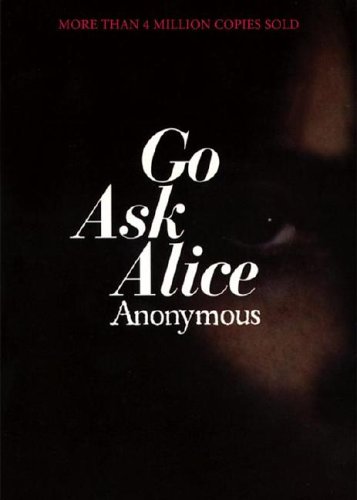Systematic Student:
drama
Memory Monday, the seventh

Memory Monday, The Fourth
Blog Tour: Lipstick in Afghanistan by Roberta Gatley

Do you think that One Child can change the world?

Interview with author Jennifer Echols!!

Review: Izzy, Willy-Nilly by Cynthia Voigt

Review: Go Ask Alice by "Anonymous" (aka Beatrice Sparks)

The Storyteller and the Defacement of Public Property

Review: Chasing Alliecat by Rebecca Fjelland Davis

Review: Priscilla the Great by Sybil Nelson

Review: Like Mandarin by Kirsten Hubbard

Review: Sudden Moves by Kelli Sue Landon

Review: Father of Lies by Ann Turner

Review: Songs of a Teenage Nomad by Kim Culbertson













